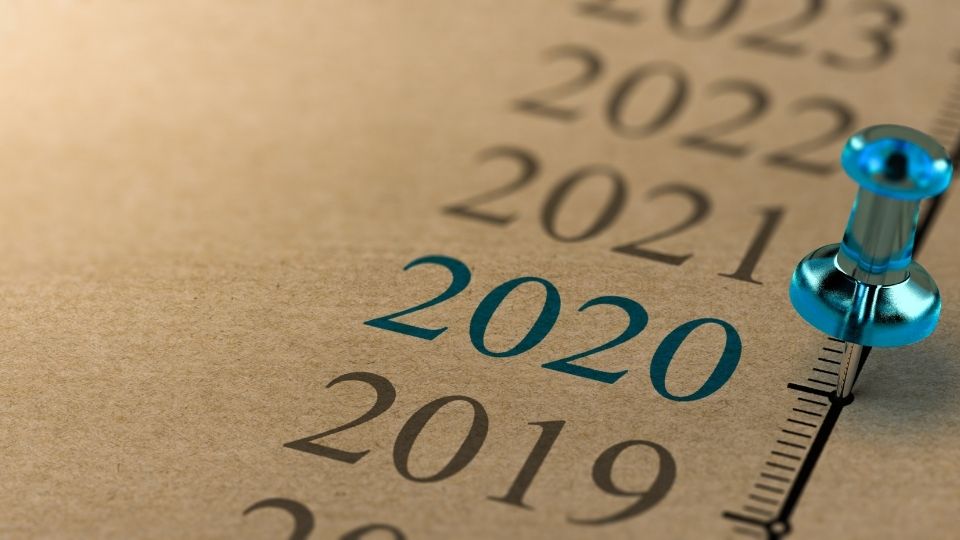Consolidation loans explained thoroughly

While consolidation loans are traditionally associated with those with a problematic credit history, this is not always the case. If you can see financial troubles on the horizon, perhaps you will have difficulty covering your minimum loan repayments; that is the time to take action. The further down the line you look to consolidate your debts, the more challenging and the higher the interest rate you will be charged. That is not to say that consolidation loans are out of the question if you’re in serious financial difficulties, but the sooner you take action, the better.
We will take a look at some of the more common questions asked about debt consolidation, how to go about it and the cost.
Are consolidation loans expensive?
When we talk about high interest rates for those suffering financial difficulties, this gives the impression that consolidation loans are expensive. Of course, the interest rate you will be charged will depend upon your financial situation at the time, but it is essential to look at the broader picture. The concept of debt consolidation is simple; transfer your debts into one loan, one minimum monthly repayment over a more manageable timeframe.
There are two issues to consider when reviewing the overall expense of a consolidation loan:-
Interest vs Penalties
You may have personal loans, credit cards and car loans that you struggle to repay. The more payments you miss, the more interest charged, the greater the penalties, which can soon add up. Compare and contrast this to a potentially higher, but manageable, interest charge and you begin to appreciate the wider picture.
It is also important to remember that if your finances have deteriorated, you would not be able to achieve the loan rates offered before your credit rating started to slide.
Security
If you can provide a degree of security against a consolidation loan, this would improve your chances of success and may help to reduce the headline interest rate. The idea is simple, the greater the level of security against the consolidation loan, the more protection for the lender. If you were to default on your consolidation loan repayments, the lender has the option of calling in the security.
Does debt consolidation ruin your credit?
If you are looking at consolidation loans in New Zealand, the chances are you are on the verge of some financial difficulties, or they have already begun. Consequently, your credit rating may already have been damaged together with access to additional credit at traditional rates. For those seriously considering a consolidation loan, the last thing on their mind is protecting access to further credit and their credit rating.
A consolidation loan offers the opportunity to draw a line under your financial difficulties and start to breathe again, taking back control. Once you have tackled the ongoing/potential demise of your finances, you can begin to consolidate and then build. It is essential to take one step at a time, not to look too far down the line and above all, not to panic.
Does credit consolidation ruin your credit?
When looking at credit consolidation and the impact on your credit rating, it is essential to remember this is only temporary. Once you begin to take action, take back control of your finances, spreading repayments over a more appropriate term, the worst may be drawing to a close. However, in the short-term, credit checks could potentially lower your credit score.
When it comes to credit utilisation ratios, amalgamating all of your debts into one consolidation loan may also negatively impact your credit score. However, there might be few options for many of those struggling to repay multiple minimum monthly repayments.
If you take a step back and look at things from a distance, if your finances are deteriorating, is applying for further credit the right option? As a responsible lender, here at Crester Credit, we will advise you about the best course of action in your scenario. There is no point in taking out consolidation loans if you can’t afford the repayments. There are other options if your finances appear to be in terminal decline.
How do I combine all debts into one payment?
The idea of consolidation loans is straightforward. We will arrange a loan that you can use to pay off all of your outstanding debts. However, the consolidation loan terms will depend upon your finances and your short, medium, and long-term outlook. Therefore, it is vital to take advice regarding the structure of any debt consolidation arrangement. Why?
Whether you have solid finances or are struggling, there is a tendency to seek as short a loan term as possible. This is the wrong approach to take. The shorter the loan term, the higher the monthly repayments, although there will be savings on interest charges. However, if you struggle to maintain your monthly repayments or your finances take a further downturn, this will limit your options.
If you consider a longer-term arrangement, this gives you a little headroom if you experience financial turbulence further down the line. There’s also the opportunity to increase your monthly repayments if your finances were to improve. If anything, you should err on the side of caution when considering the length of any consolidation loan.
Is debt consolidation a good way to go?
As we touched on above, if you have a personal loan, credit cards and a car loan, three popular examples, you will have three minimum monthly repayments to make. In what can very quickly become a downward spiral, as soon as you miss one monthly payment, this can place pressure on your overall finances. What often starts as a financial blip can sometimes become a very challenging situation.
There are some general misconceptions regarding debt consolidation options. First, they tend to be associated with those on the verge of financial collapse, already experiencing severe financial trouble. While this can be the case, debt consolidation is, for many people, a sensible option if they foresee financial difficulties in the short to medium-term. The sooner you act, generally on a better credit rating, the more options available and the potential to negotiate a competitive interest rate.
Unfortunately, for some people, debt consolidation is not only a useful way to go; it can be the only way to go. Sometimes individuals and partners will experience unexpected financial difficulties out of their control. However, in most cases there tend to be signs before your finances take a severe downturn. If you can see trouble ahead, don’t bury your head in the sand and assume it will fix itself, it won’t. Whatever your situation, the soon you take action, the better.
What credit score is needed for a consolidation loan?
The majority of clients who approach us at Crester Credit tend to be in the midst of their financial difficulties. Consequently, they will likely already have challenging credit ratings with, at best, limited access to traditional loans. This is why we take into account income and any security that can be used against a loan. Of course, the security is only in danger if you fall behind on your consolidation loan repayments. Still, it can be the difference between approval and rejection for your loan application.
To give you an idea of credit scores, the Equifax rankings are as follows:-
• 726 to 832 is deemed “very good”
• 622 to 725 is deemed “average”
• 510 to 621 is deemed “fair”
• 0 to 509 is deemed “low”
Obviously, the lower your credit score, the less chance of securing finance without either security or a guarantor.
What is the average fee for debt consolidation?
Here at Crester Credit, we offer highly competitive fees for those looking to secure debt consolidation arrangements. The two main fees are the establishment fee and the administration fee, which are as follows:-
Establishment fee
$0.00 to $499.00 a fee of $95.00
$500.00 to $1,000.00 a fee of $230.00
$1,001.00 to 1,999.00 a fee of $290.00
$2,000.00 to $4,999.00 a fee of$340.00
$5,000.00 to $7,499.00 a fee of $390.00
$7,500.00 to 11,999.00 a fee of $490.00
$12,000.00 to $24,999.00 a fee of $590.00
$25,000.00 to $39,999.00 a fee of $690.00
$40,000.00 to $49,999.00 a fee of $790.00
$50,000.00 to $79,999.00 a fee of $870.00
$80,000.00+ a fee of $1,090.00
Administration fee
An administration fee of six dollars a month will be included in loan repayments.
Depending upon the nature of the arrangement, whether providing security or a guarantor, other fees may be charged. We will provide you with details of all charges when reviewing your situation and discussing the options.
What loans are eligible for consolidation?
In theory, as you raise funds from a new loan to repay existing debts, any type of loan will be eligible for consolidation. Consequently, when discussing your options, you must be upfront about all of your outstanding debts. It makes no sense to consolidate most of your debts only to find that you struggle to maintain historic minimum repayments on others. There is no halfway house for debt consolidation; if you are struggling to make repayments, it is important to consider the benefits of one monthly repayment.
Who is eligible for debt consolidation?
Eligibility for debt consolidation will depend upon several factors, including:-
• Secure income
• Security (collateral)
• Guarantor
In theory, anybody could be eligible for debt consolidation if they can provide proof of secure income, collateral or a guarantor. In addition, there will be situations where debt consolidation is not the answer, where individuals would struggle to make repayments, leading to additional problems further down the line.
As a responsible lender, we will be honest and upfront when discussing your situation and looking at the options. We would never saddle you with an unaffordable debt consolidation loan.
Conclusion
While some people see debt consolidation as a “last resort”, this is not necessarily the case. The sooner you act, the more options available and the greater the opportunity to negotiate lower interest rates. Unfortunately, many of those seeking consolidation loans have already seen a significant decline in their financial status. This can limit options, as well as scope for negotiation, and is often the result of burying your head in the sand.
If you foresee a downturn in your finances, you should act sooner rather than later. Acting before any significant damage to your credit rating can be a considerable boost. The longer you leave it, the fewer options available and the higher the interest charge. So take advice as soon as possible and apply now online.
by Ash Horton
April 5, 2023
Ash is a professional content writer with extensive experience in business development in the financial services. Ash has founded businesses from the age of 19, including franchising ventures, and working alongside some of the largest retailers in the world.







